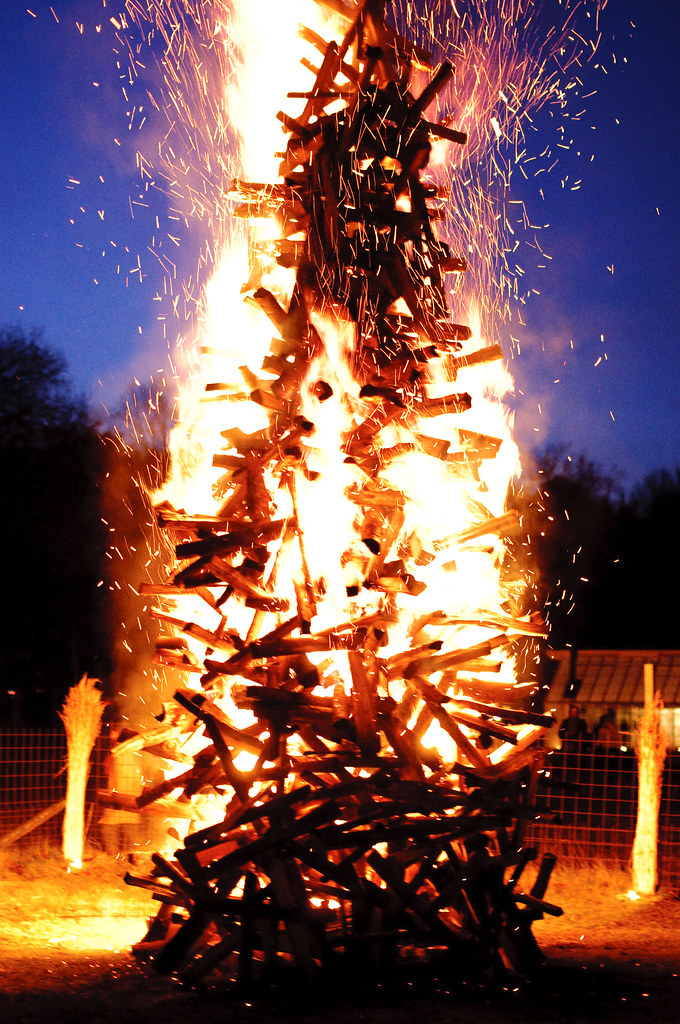It is April first, but why is this April Fools' Day?
Go back to the 1500s in France when the Julian calendar (established by Julius Caesar) was replaced with the Gregorian calendar (introduced by Pope Gregory XIII and still used in most parts of the world) to find the story.
In the old Julian calendar, the new year began on April 1, but with the new Gregorian calendar, the new year was set to begin on January 1. News did not travel as fast in the 1500s as today. (That might not be a completely bad thing!) Some people didn't get this news that the start of the New Year had changed to January 1. That is a big change and those poor uninformed souls kept celebrating it on April 1. They were mocked as "April fools."
Pranks and April Fools' jokes started about the same time, so these jokes are also about 500 years old. The more effective ones rely on people not paying attention to the day being April first and often come early in the day.
Some jokes are a lot bigger and from more reliable sources than the ones you play on family or at the office. For example, in 1980 the BBC announced that Big Ben’s clock face was being changed to digital, and the first person to get back to the network could win the clock hands. There was outrage - and a lot of people trying to win the clock's hands.
In 1992, National Public Radio ran a segment saying that Richard Nixon was running for president again. They used a convincing actor and some people believed it. More outrage. Of course, Nixon resigned in disgrace in 1974.







